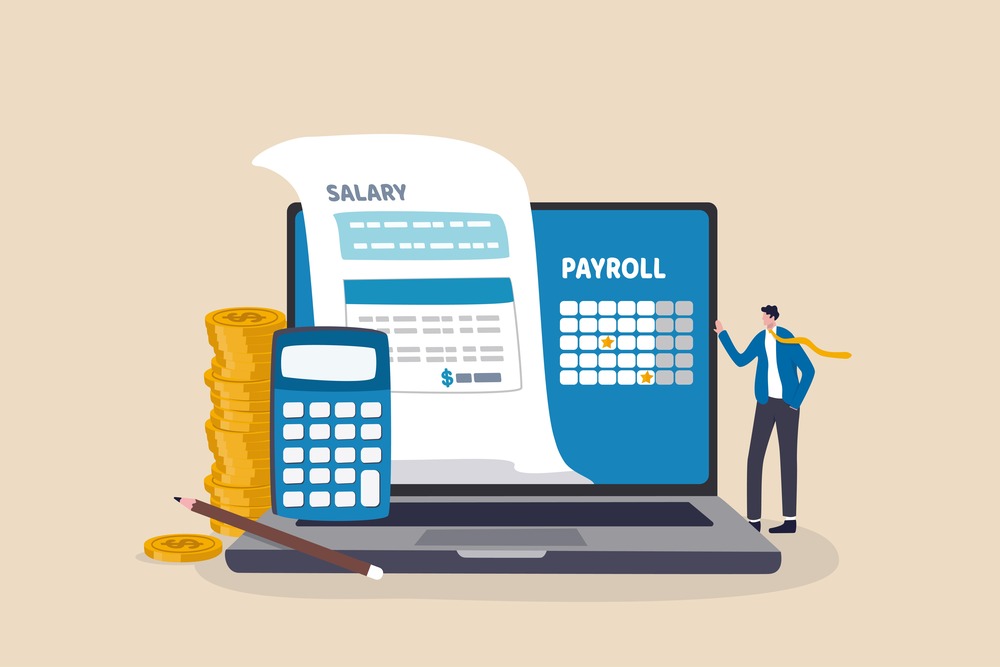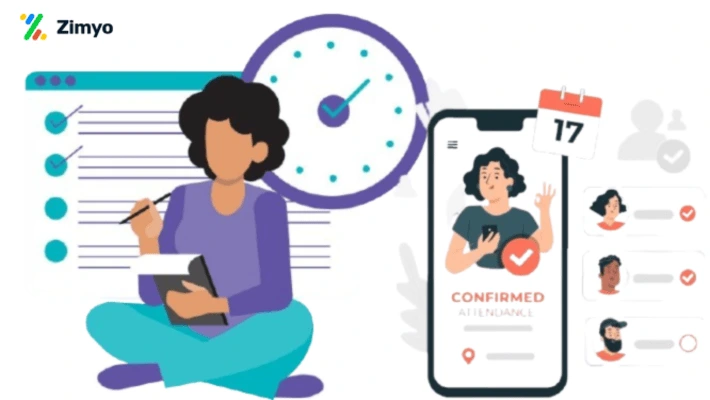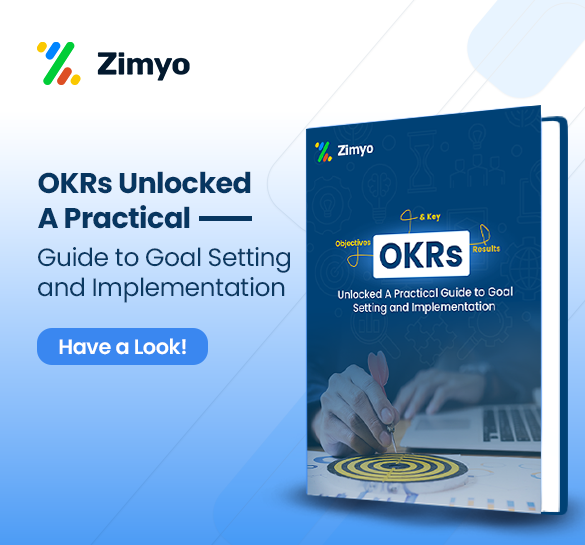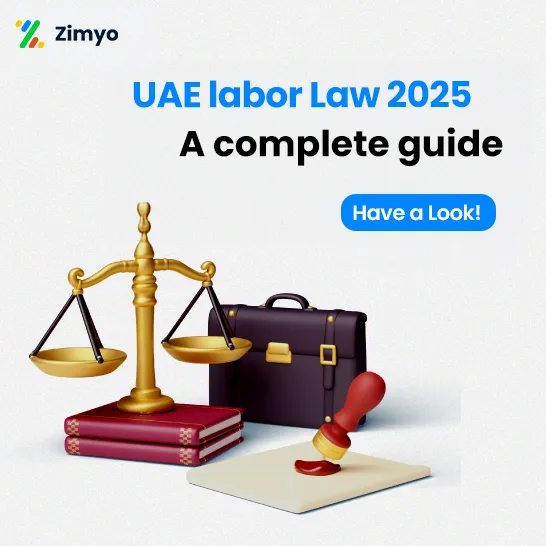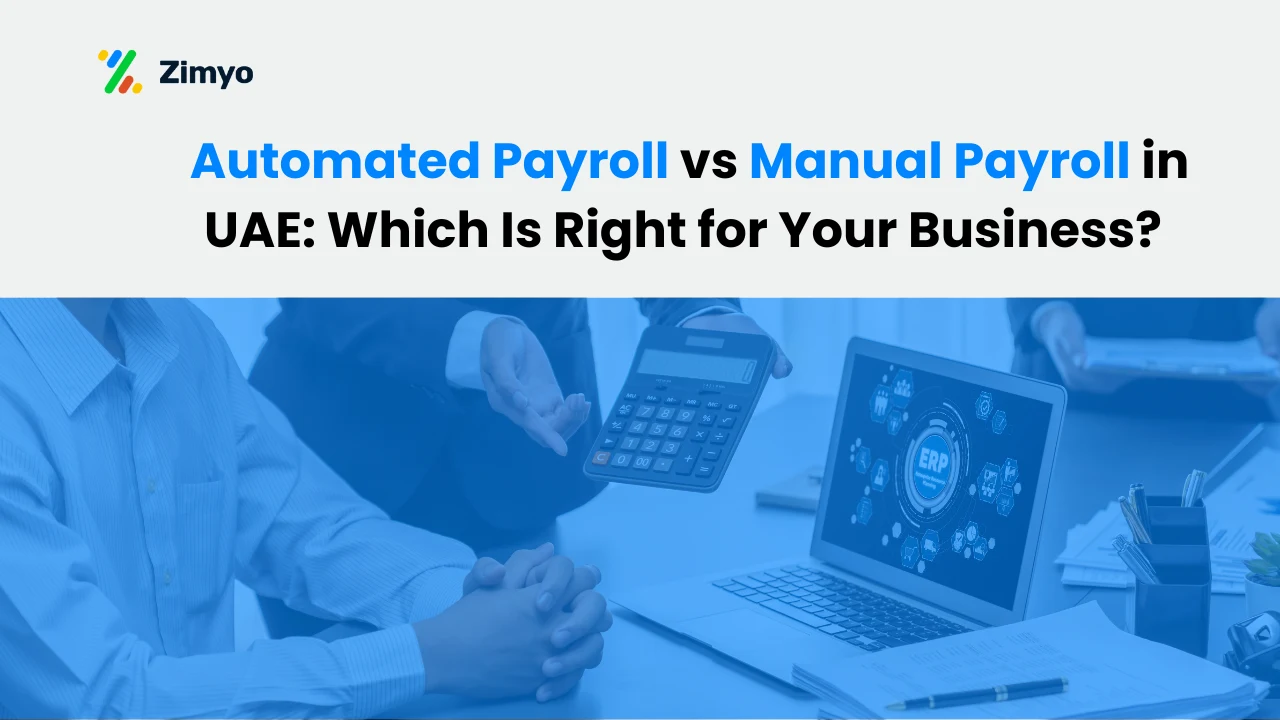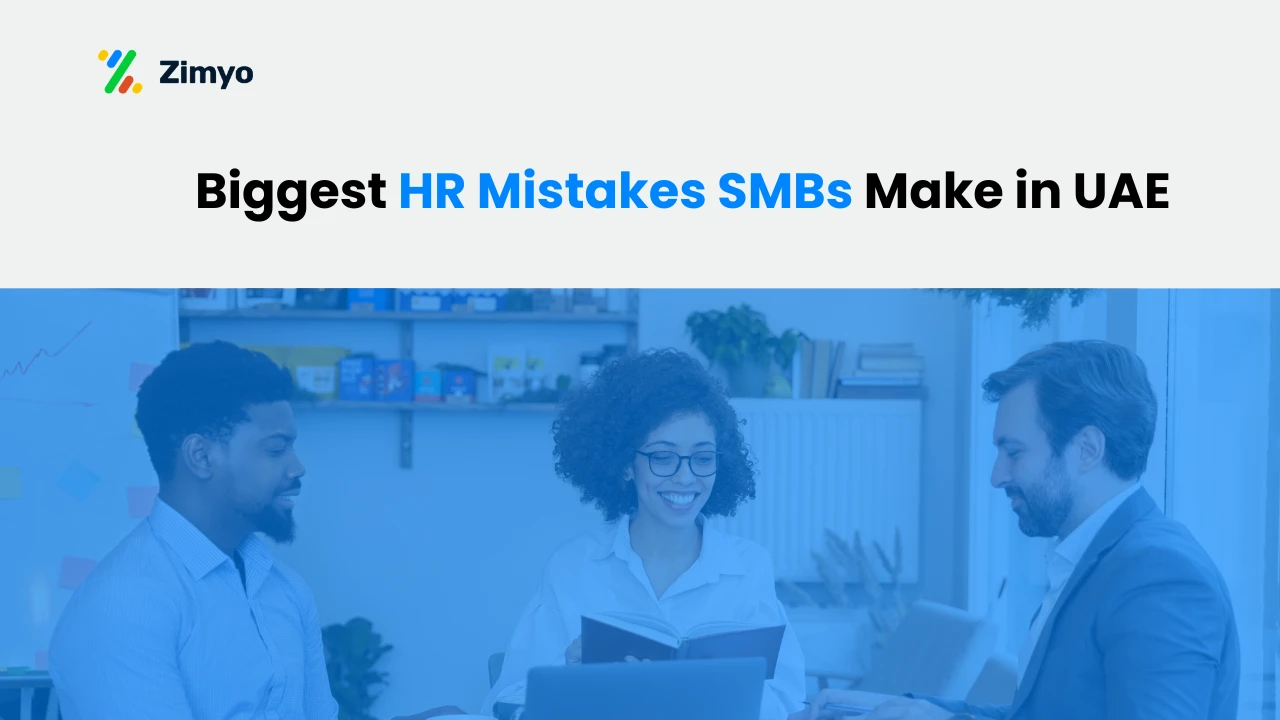In the fast-changing construction sector , payroll management in UAE is more than just sending out paychecks. With the project-oriented nature of the industry, changing workforce sizes, and multi-level business arrangements, it isn’t surprising that most firms discover it challenging to guarantee accuracy, proficiency, and compliance when processing payroll.
Understanding the Unique Payroll Management in UAE Needs
To start with, payroll management in UAE for construction firms varies considerably from other industries. Not only do construction organizations have a broad variety of positions ranging from site laborers to civil engineers—but the employment is also usually linked to the project life cycle.
As a result, payroll sections have to deal with changing work plans, various pay rates, overtime computations, and end-of-service allowances in accordance with changing contract terms.
Additionally, construction companies regularly hire workers from different countries, including another layer of complexity due to varying visa requirements, labor laws, and language barriers.
Exploring UAE Labor Laws and the WPS System
Another key area of payroll management in UAE is adherence to UAE labor laws. The Ministry of Human Resources and Emiratisation (MOHRE) requires the execution of the Wage Protection System (WPS) for the majority of private-sector bosses, particularly in divisions such as construction.
In simple terms, the WPS guarantees that workers are paid on time and reasonably, with all exchanges recorded through approved money related teach. Failure to comply with WPS can result in heavy fines, license suspension, or indeed a company ban from hiring laborers.
Hence, remaining compliant requires meticulous documentation, timely salary disbursement, and up-to-date information of UAE labor law.
Challenges in Payroll Management in UAE for Construction Firms
The most prevalent payroll management in UAE challenges construction firms experience:
With projects opening and closing, constant hiring and firing creates a high turnover rate.
Overtime, night work, and irregular schedules make pay calculations tricky.
Many sites still use old attendance systems, which creates more errors.
Determining gratuity and end-of-service payoffs for temporary workers requires close attention.
Multinational teams need translated payslips and transparent communication.
As you can imagine, one mistake in managing any of these aspects can lead to payroll disputes or legal issues.
Tapping Payroll Management in UAE for Efficiency
Fortunately, digitalization provides construction companies with a chance to streamline payroll management in UAE. Using a construction-specific payroll system can considerably minimize administrative hassle.
Here’s how payroll software assists:
- Computations: Eliminate the chances of human error in salary, overtime, and deductions.
- Time & Attendance Integration: Integrate biometric or mobile check-in directly to payroll with time & attendance.
- WPS Compliance: Start with Creation of SIF files automatically in the right format.
- Multi-Currency Support: Pay foreign workers with correct conversion rates.
- Self-Service Portals: Enable employees to download payslips and apply for time off.
Finally, these functionalities enhance both operational effectiveness and staff satisfaction.
Best Practices to Master Payroll Management in UAE
Now that we’ve laid the foundation, let’s explore some best practices tailored specifically for construction companies in the UAE.
• Centralize Finance Operations
To start with, consolidating payroll management in UAE under a centralized framework guarantees consistency over different project locales. This approach minimizes discrepancies, improves precision, and simplifies reporting.
• Use Role-Based Compensation Templates
Next, design templates for typical job positions like masons, electricians, and foremen. This not only normalizes pay rates but also simplifies the speedy onboard of new staff.
• Monitor Labor Hours with Mobile Solutions
Instead of paper timesheets, turn to mobile time clock apps or biometric scanners at gate entrances. This eliminates time theft and enforces equitable overtime pay.
• Automate Compliance Reporting
In addition, ensure your payroll management in UAE automatically produces reports the MOHRE and other regulatory bodies need. This eliminates last-minute rushes during audits.
• Maintain Detailed Employee Records
From passports and Emirates ID to labor contracts and leave history, maintaining accurate records isn’t merely advisable—it’s obligatory.
Dealing with End-of-Service Benefits and Tip
One of the more complicated components of payroll management in UAE is the computation of end-of-service tip. Under the law, the workers are entitled to get a lump sum installment upon end of their service, depending on the length of work and last wage.
Breakdown of Gratuity Calculation:
- 0–5 years of service: 21 days’ wage for every year of service.
- 5+ years of service: 30 days’ wage for every year after 5 years.
- Cap: Maximum gratuity could not be more than two years’ salary.
To show as an example, a foreman with minimum monthly salary of AED 3,000 and 6 years of service would be eligible for the following:
- (21 days × 5 years) + (30 days × 1 year)
- ≡ 105 days + 30 days = 135 days’ salary
- ≡ (135 ÷ 30) × AED 3,000 = AED 13,500
As such, automation tools are necessary to prevent miscalculations and delays in end-of-service settlements.
Outsourcing Payroll: Is It Worth It
Inevitably, construction firms may pick to outsource payroll management in UAE to specialized suppliers.
On one hand, this can free internal teams from dealing with intricate calculations, compliance chores, and WPS submissions. Outsourcing companies usually have localized expertise and knowledge of current labor laws.
Conversely, it creates reliance on third parties, and therefore data safety and service quality need to be carefully assessed.
Therefore, this hybrid solution—outsourcing compliance while keeping salary approvals internal—usually finds the optimal middle ground.
Why 2500+ Customers Trust Zimyo


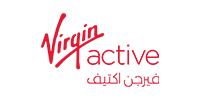







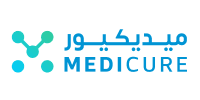




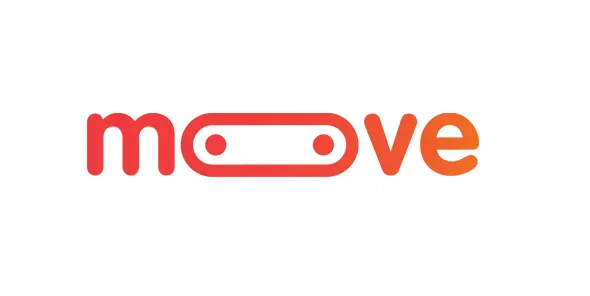
Encouraging Transparency through Employee Portals
Let’s not forget the actual employees themselves. Providing access to employees for their salary history, leave balances, and documents promotes confidence and pay-related complaints are minimized.
For instance, self-service portals through which employees can:
- Download payslips
- Apply for vacation
- See end-of-service balance
It can help substantially cut down the administrative burden on HR teams, while improving employee experience.
Perform Regular Payroll Audits
Going forward, it’s essential to perform regular audits of payroll information. Regular audits ensure:
- Precision in overtime and leave calculations
- Correct categorization of full-time vs temporary employees
- UAE labor law compliance
In summary, audits reduce risks and get you ready for external audits or legislative changes.
Future-Proofing Payroll with Digital Innovation
Looking forward, AI and analytics will have an increasing role in payroll. From payroll budget predictive modeling to anomaly detection using AI, the future is digital.
Additionally, early investment in cloud-based, AI-powered systems by construction companies will help them scale up operations and minimize overhead during the coming years.
Conclusion
Payroll management in UAE construction sector is an efficient need. However, with an ideal mix of strategy, technology, and awareness of compliance, companies are able to turn payroll from an issue into a differentiator.
Through adopting automation, legal compliance, centralizing documents, and providing transparency to employees, construction companies can not only eliminate mistakes but also gain the trust of their labor force. Book a demo to have a smooth and efficient payroll processing for the construction business.
After all, payroll is more than numbers—payroll is about people.
Frequently Asked Questions (FAQs)
Due to project-based employment, high turnover rates, and heterogeneous workforce, accurate and agile payroll systems.
WPS gives convenient and clear wage payments through MOHRE-approved mechanisms—non-compliance may result in punishments or prohibitions.
It simplifies calculations, consolidates attendance, accommodates WPS, and minimizes errors—time-saving and compliant.
Yes, particularly for compliance and reporting—but keep in-house control to protect data security and control.
The top payroll software in UAE includes Zimyo, Zen HR, Yomly, Connect HR, Mena HR etc.


